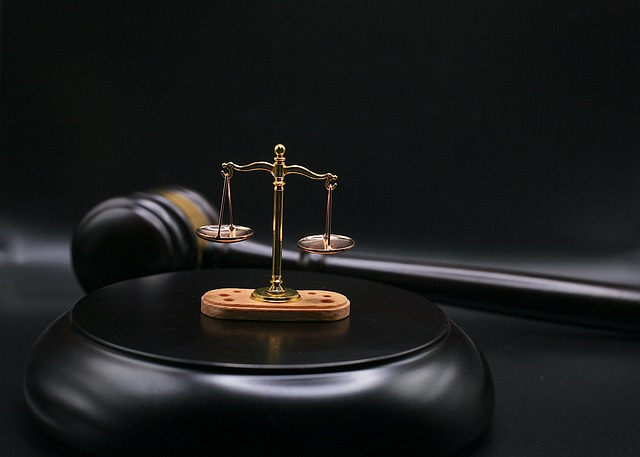Hey - welcome to this article by the team at neatprompts.com. The world of AI is moving fast. We stay on top of everything and send you the most important stuff daily.
Sign up for our newsletter:
In a groundbreaking legal challenge, The New York Times has launched a lawsuit against OpenAI and its key partner and investor, Microsoft. This action, filed in the Federal District Court of Manhattan, alleges copyright infringement by these tech giants.
The accusation? Training their advanced generative AI models with content from The Times without authorization. The lawsuit reveals countless articles from The Times that were utilized to enhance AI systems, notably OpenAI's widely acclaimed ChatGPT and Microsoft's Copilot.
The New York Times demands the eradication of models and training data that incorporate its content, seeking accountability from OpenAI and Microsoft for potential damages amounting to billions of dollars. This claim highlights the significant value and protection of The Times's intellectual property in the face of emerging AI technology.
Background: The Heart of the Matter

The crux of the lawsuit, filed in a federal court, alleges that OpenAI and Microsoft have been utilizing The Times's content to train large language models, such as the AI technology powering Microsoft's Bing Chat. According to The New York Times, this practice constitutes mass copyright infringement.
The lawsuit underscores the media company's considerable expertise and resources invested in producing independent journalism and its objection to using this content for commercial purposes without fair compensation.
The Claim: Copyright Infringement and Damages
The concept of fair use and copyright law is at the heart of the lawsuit. The New York Times accuses OpenAI and Microsoft of using copyrighted material, including its "uniquely valuable works," without permission or compensation.
The Times is seeking statutory and actual damages, highlighting that the current business model of AI companies effectively gives them a 'free ride' on the media's investment.
AI and the Media: A Complex Relationship
This legal action brings to light the intricate relationship between AI technology and the news industry. AI models and tools, like those developed by OpenAI and Microsoft, have increasingly relied on data from major media organizations to generate output.
The lawsuit indicates a growing concern among media companies like The New York Times about how their content is used to create artificial intelligence products.
Moving Forward: Seeking a Mutually Beneficial Solution
The New York Times emphasizes its intent to move forward constructively, expressing openness to ongoing conversations with tech companies for a mutually beneficial way of leveraging its content. This stance suggests recognizing the potential benefits of AI systems but underlines the need for new revenue models that fairly compensate content creators.
Implications for the Future
The Times lawsuit may be a bellwether for similar actions by other media companies. It raises critical questions about how news outlets can protect their intellectual property while engaging with the rapidly evolving field of AI.
The outcome of this case could significantly influence how AI models are trained and the business dynamics between tech firms and content creators.
Conclusion
The New York Times' lawsuit against OpenAI and Microsoft is more than just a legal battle; it's a statement about the value of journalism and the need for equitable relationships between content creators and tech innovators. As AI technology advances, finding a balance that respects copyright laws and compensates creators fairly will be crucial for both industries' sustainable growth.